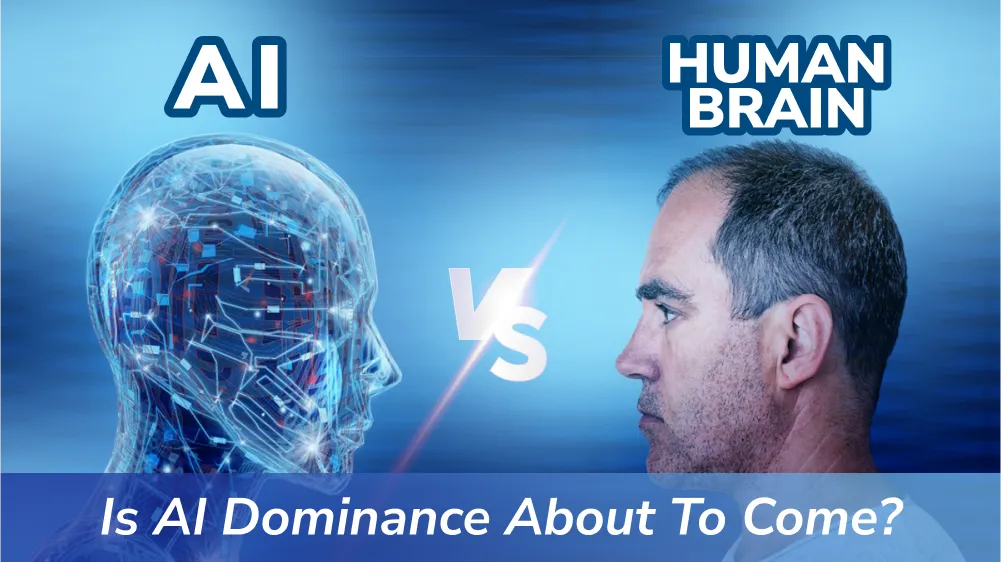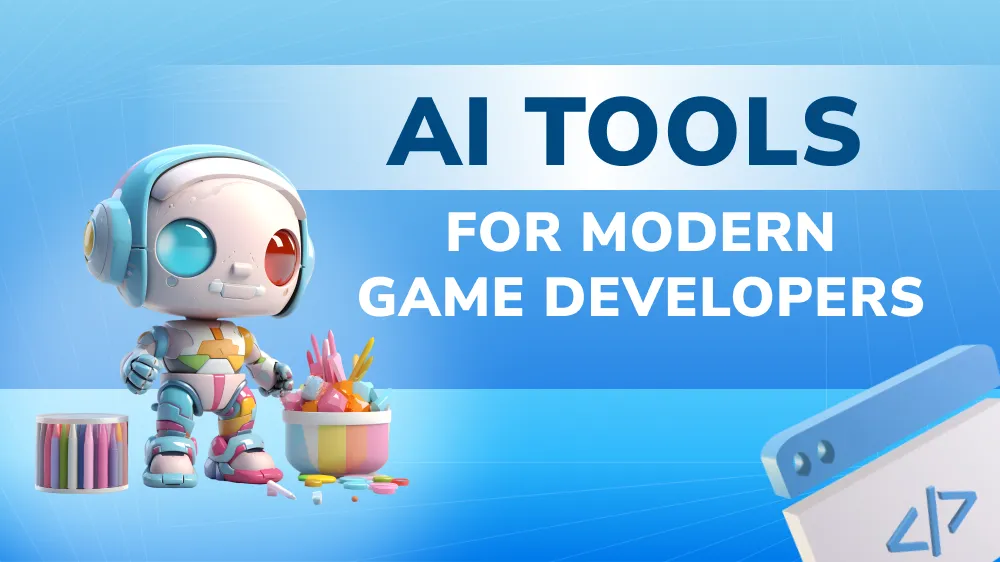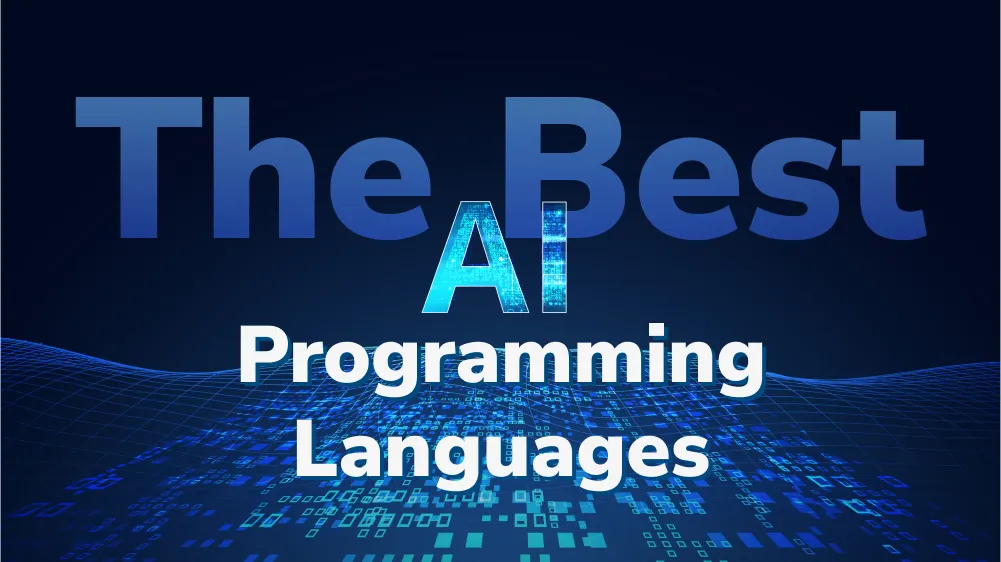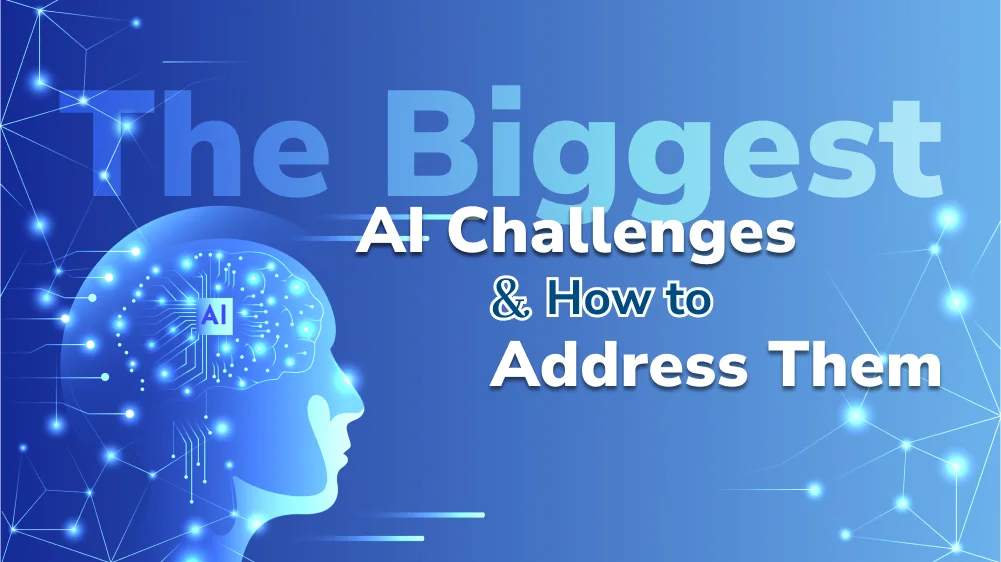The Possibilities for Conversational AI in Healthcare: Will Doctor Bot See You Now?
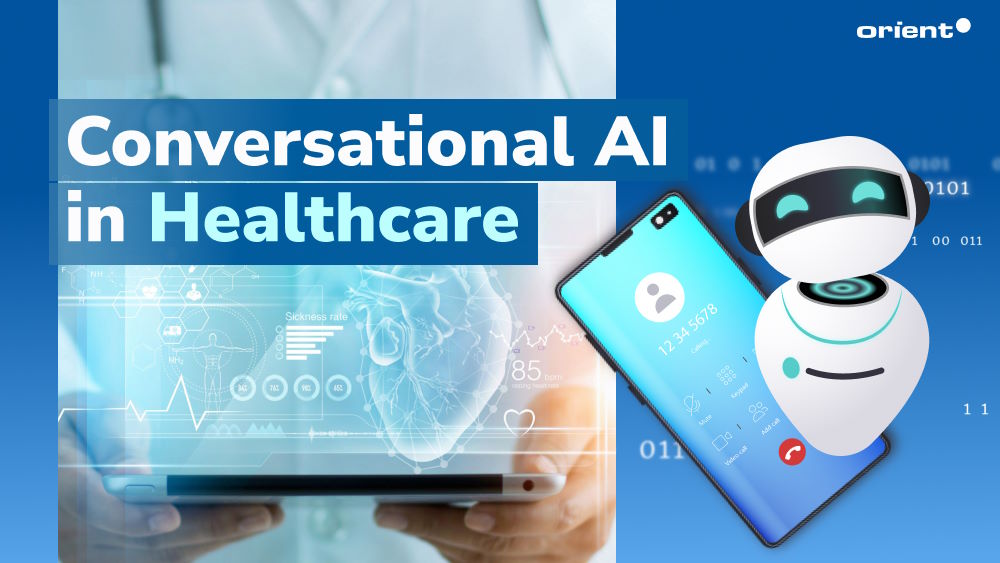
Content Map
More chaptersArtificial intelligence (AI) has already transformed various industries, from sales to education. Now, AI is poised to disrupt the healthcare industry as well. One branch of AI that shows particular promise for healthcare is conversational AI. Chatbots and virtual assistants such as Siri and Alexa have become a part of everyday life for many people. In the healthcare sector, conversational AI tools could take on roles like scheduling appointments, answering patient questions, assisting with billing, and even making initial diagnoses.
The potential for conversational AI in healthcare is vast, though not without challenges. This article explores the possibilities and pitfalls of expanding the use of conversational AI as healthcare communication channels. How might AI assistants augment the work of human providers? Could they ever fully replace doctors for certain routine tasks? What are the risks, ethical considerations, and regulatory hurdles to implementing this technology? As artificial intelligence advances, there is no doubt that “doctor bots” will play an increasing role in how healthcare is delivered. But for now, it remains to be seen just how far humans are willing to let AI go in automated, conversational healthcare. This article aims to provide an overview of this emerging technology and where it may realistically be headed in the near future.
Get to Know Conversational AI
Conversational AI refers to a set of technologies and techniques that enable computer systems to engage in natural, human-like conversations with users. It combines elements of artificial intelligence (AI), natural language processing (NLP), and machine learning to understand and respond to user queries and requests in a conversational manner.
Conversational AI systems are designed to understand and interpret human language, both written and spoken and generate intelligent responses. The shift from rule-based programming to conversational AI has revolutionized the way computer systems engage with users, allowing for personalized and contextually relevant interactions. These systems can be implemented in various forms, such as chatbots, virtual assistants, voice assistants, and messaging platforms. They are used across different industries and applications, including customer service, healthcare, e-commerce, banking, and more.
Current Applications of Conversational AI in Healthcare
Conversational AI solutions have gained significant traction in the healthcare industry, revolutionizing the way healthcare professionals interact with patients and manage their care. By leveraging advanced technologies like natural language processing and machine learning, conversational AI enables efficient and personalized communication while minimizing the need for extensive human intervention.
- Patient Engagement and Education: Conversational AI systems can provide personalized health information, answer common medical queries, and offer guidance on preventive care, medication adherence, and lifestyle choices. By empowering patients with accurate and accessible information, conversational AI promotes active participation in their own healthcare journey.
- Symptom Assessment and Triage: Patients can explain their symptoms using natural language conversations thanks to conversational AI. By analyzing patient data and employing sophisticated algorithms, conversational AI systems can provide initial assessments, suggest appropriate self-care measures, and determine the urgency of the situation. This assists healthcare professionals in prioritizing patient needs and optimizing healthcare resource allocation.
- Appointment Scheduling and Administrative Support: Conversational AI streamlines administrative tasks in healthcare facilities by enabling patients to schedule appointments, inquire about billing information, and access medical records through intuitive conversational interfaces. By automating these processes, healthcare professionals can focus more on patient care, reducing administrative burdens and enhancing overall efficiency.
- Remote Monitoring and Chronic Disease Management: These systems can collect and analyze patient-generated health data, such as vital signs, symptoms, and medication adherence, through connected devices and wearables. Medical professionals can leverage this real-time data to monitor patients remotely, provide timely interventions, and tailor treatment plans based on individual needs.
- Mental Health Support: Patients can engage in confidential conversations with AI-powered chatbots or virtual assistants, allowing them to express their emotions, seek guidance, and access resources for mental well-being. Conversational AI provides a non-judgmental and accessible platform for individuals to receive support, particularly in scenarios where human intervention may be limited.
The use of conversational AI in healthcare holds immense promise for enhancing the quality of healthcare providers, improving access to information, narrowing the communication gap, and optimizing administrative processes. As technology advances, businesses can expect even more innovative applications of a conversational AI system to improve patient outcomes, increase efficiency, and enhance the overall healthcare experience.
Case Studies of Effective Conversational AI in Healthcare
Conversational AI has demonstrated remarkable effectiveness in healthcare, revolutionizing patient care and improving access to critical services. Following are some in-depth case studies of effective implementations of this technology. These case studies highlight how conversational AI is transforming symptom checking, medical triage, care coordination, and mental health therapy, ultimately enhancing patient outcomes and experiences.
Babylon Health
This UK-based health services company offers an AI symptom checker chatbot as the first point of contact for patients. Users enter their symptoms into the chatbot, which asks clarifying questions. Using speech recognition and natural language processing, Babylon analyzes the information against medical databases to provide likely condition diagnoses, triage levels from emergency care needed to self-care options, and next-step recommendations. If the chatbot determines the need for a doctor, it can schedule a video appointment. Babylon is able to provide 24/7 access to basic medical advice and reduce unnecessary doctor visits.
Florence
Offered through the US telehealth company K Health, Florence acts as a virtual triage nurse using text conversations. Patients describe their symptoms to the chatbot, which then asks pertinent follow-up questions about their medical history and specifics of their condition based on protocols from medical experts. Florence analyzes this information to recommend self-care steps or if the patient should seek in-person care. It also provides check-ins, appointment reminders, and prescription refill coordination and can alert human nurses if user responses suggest an emergency. Healthcare systems partner with Florence to improve patient experience and lower costs.
Woebot
This chatbot uses brief daily conversations, mood tracking, personalized education, and cognitive behavioral therapy techniques to improve users’ mental health. Woebot checks in on mood and mental health symptoms, then recommends cognitive behavioral therapy (CBT) exercises, teaches stress management and coping methods, and provides encouraging feedback. Through machine learning algorithms detecting linguistic and emotional cues, Woebot tailors conversations to each user. Studies have found using Woebot reduces symptoms of depression and anxiety, improving mental well-being through easy access to a therapeutic intervention.
Limitations and Challenges of Chatbots in Healthcare
The idea of a fully autonomous AI doctor or “Doctor Bot” replacing human physicians is an exciting but likely unrealistic possibility in the near future. Due to the technology complexity, businesses are now facing multiple AI problems in adoption. Below are some key limitations in implementing conversational AI in healthcare:
- Diagnostic Complexity: Many conditions have nuanced or atypical symptom presentations that would be difficult for an AI to interpret accurately without human clinical judgment and the ability to perform in-person physical exams. Many diagnoses require radiology scans, lab tests, or procedures.
- Care Coordination: Managing medications, referrals, patient questions/concerns, and collaborating with specialists requires highly sophisticated reasoning and communication skills not yet achievable in AI.
- Building Patient Trust: Patients may be unlikely to fully rely on critical care decisions from a bot versus a human doctor they can build rapport with through empathy.
- Regulatory Hurdles: Getting approval for autonomous AI doctors could face intense scrutiny and skepticism from medical bodies. Liability for any errors would be a major concern.
- Ethical Dilemmas: AI may lack the human ethics needed to navigate difficult judgment calls in patient care, like end-of-life decisions. Its motivations may not align with doing what is ultimately right for patients.
While exciting to imagine, these limitations mean a fully autonomous AI physician is not likely viable in the immediate future. However, AI can still greatly aid human doctors with tasks like administrative duties, complex data analytics, surgery assistance, and improving access to basic care. However, human oversight, collaboration, and limitations based on safety and ethics will be critical in healthcare applications of AI.
The Future Possibilities for Healthcare Conversational AI

The future possibilities for healthcare conversational AI are vast and hold great potential for transforming the way healthcare is delivered. While a fully autonomous “Doctor Bot” that can replace human doctors entirely may not be possible in the immediate future, conversational AI is evolving rapidly and can augment and support healthcare professionals in various ways.
Advanced Diagnostics and Decision Support
Conversational AI systems can continue to improve their diagnostic capabilities by leveraging machine learning algorithms and vast amounts of medical data. They can assist healthcare professionals in making accurate diagnoses by analyzing patient symptoms, medical history, and available data. Moreover, conversational AI can provide decision support, offering treatment recommendations based on evidence-based guidelines and the latest medical research.
Personalized Treatment Plans
As conversational AI becomes more sophisticated, it can play a crucial role in developing personalized treatment plans for patients. By considering individual patient characteristics, preferences, and medical history, conversational AI systems can generate tailored treatment options and provide guidance on medication management, lifestyle modifications, and preventive care measures.
Virtual Health Assistants
Conversational AI can evolve into virtual health assistants that accompany patients throughout their healthcare journey. These assistants can provide continuous support and reminders for medications and appointments, answer health-related questions, offer guidance on wellness and self-care, and monitor patient progress. Virtual health assistants can bridge the gap between in-person visits, leading to more comprehensive and continuous care.
Real-Time Monitoring and Early Intervention
Integrating conversational AI with remote monitoring technologies, wearables, and Internet of Things (IoT) platforms can enable real-time data collection and analysis. This can help detect early warning signs, deviations from normal health patterns, and potential risks. Conversational AI systems can alert healthcare professionals and provide timely interventions, improving disease management and reducing hospital readmissions.
Final Thoughts
While a fully autonomous “Doctor Bot” may not be feasible in the near future due to the complexities of healthcare and the need for human expertise, conversational AI will continue to evolve and enhance healthcare delivery. It will become an indispensable tool for healthcare professionals, empowering them with data-driven insights, personalized care options, and improved patient engagement. The future possibilities for healthcare conversational AI are exciting, and they hold the potential to revolutionize the healthcare industry by making it more accessible, efficient, and patient-centric.
If you’re ready to unlock the potential of conversational AI for your business, contact Orient Software today. Our dedicated team of experts is eager to discuss your project, offer guidance, and provide a tailored solution that meets your unique business needs. Let’s embark on this transformative journey together and unlock the full potential of conversational AI for your business success.

